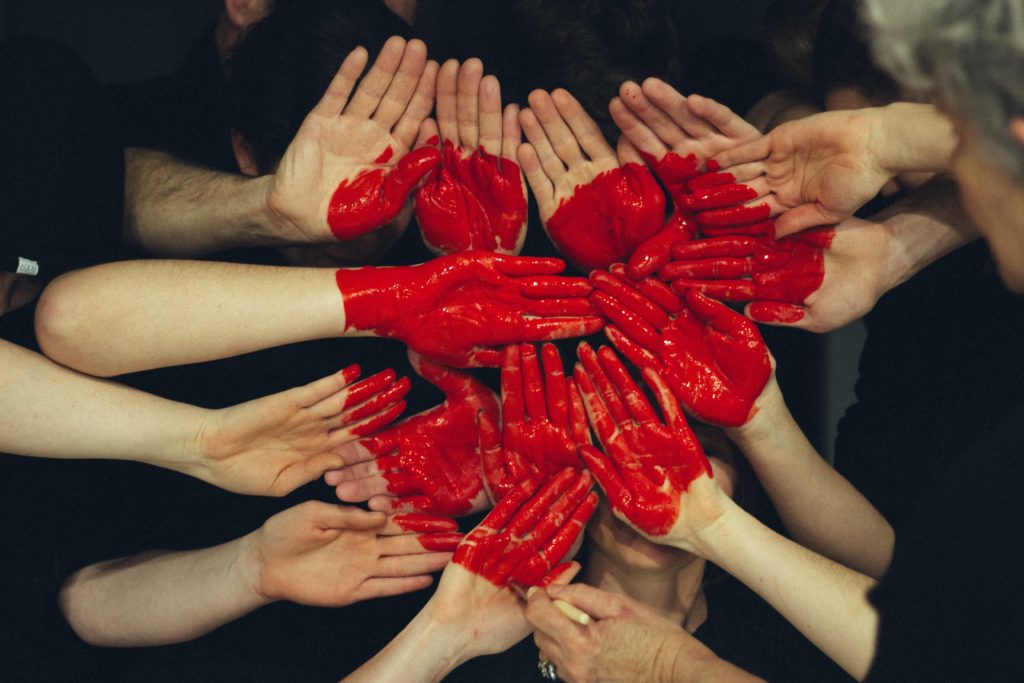




Kindness and Manaakitanga – Donna Provoost
Pulling together to strengthen our communities and improve child wellbeing.

Wellbeing research has documented the importance of family and key trusted adults in children’s lives to support building their sense of belonging and identity.
We want children and young people to be accepted, respected and connected.
This is a vital part of their sense of identity and belonging that builds strong protective factors, helping children deal more effectively with stressful events and supporting their wellbeing. In fact, it is one of the six outcome areas of the New Zealand Child and Youth Wellbeing Strategy.
Researchers have spent a lot of effort looking at why children don’t develop a sense of identity and belonging. One aspect is the community and social environment that children experience every day. Micro-aggressions are brief andcommon, daily verbal, behavioural and environmental communications that transmit hostile, derogatory or negative messages to exclude and marginalise others.
This phenomenon has been widely studied in its contribution to racism and socialexclusion, where many small hostile acts build a sense of exclusion and hate. Could a different community and social environment, one where many small acts of kindness, respect and care are directed at children and young people, build their sense of belonging, inclusion and love?
Wellbeing research has documented the importance of family and key trusted adults in children’s lives to support building their sense of belonging and identity. The limited research on the broader environment suggests that casual interactions with others in their communities does send powerful messages to children.
Community development research also points in this direction. The Inspiring Communities ‘quadrants of change’ tool suggests four dimensions of change to consider — personal, relational, structural and cultural. The personal attitudes, behaviours and actions of individuals are important on their own, and can also influence the ties, connections and trust in the community (relational) and the culture of the community.
The research and evidence from these different disciplines all points us toward small acts of kindness, respect and care for others — brief and common daily verbal, behavioural and environmental communications that transmit kindness, inclusive and positive messages to others.
Kindness, respect and care for others is central to the Maori concept of manaakitanga. This also aligns with English concepts of benevolence, and is part of what is needed for children and young people to feel accepted, respected and connected in the New Zealand Child and Youth Wellbeing Strategy.
Kindness, respect and acceptance from many people can send re-enforcing positive messages in our communities. When these positive messages are targeted at children and young people, this will help demonstrate our value in children as taonga (treasures with inherent value), and support them to feel manaakitanga (kindness, respect and care) for others.
Community kindness is an action we can all take to build this sense of belonging and more inclusive communities. This moves beyond ‘random acts of kindness’ — non premeditated, inconsistent actions designed to offer kindness towards others. Community kindness is premeditated, consistent and targeted to those who are most likely to have weak sense of belonging — including children and young people.
Reflecting on our current verbal, behavioural and environmental communicationswith children and young people will be a start. From there, we can set community-wide goals to transmit kindness, inclusive and positive messages to children each day.
We want children and young people to have a strong sense of belonging and connection — these are important protective factors that supports their wellbeing. And the power is in each of us, through our causal interactions with children and young people everyday, to demonstrate our care and acceptance, and welcome them in our community and society.
Community kindness is a solution to improving child wellbeing that we all can participate in, every day.
Donna Provoost is Director of Strategy, Rights & Advice with the NZ Children’s Commissioner, and Chair of Inspiring Communities. Donna is currently in the USA on a Harkness Fellowship, investigating ways to improve child wellbeing by promoting their sense of belonging and identity.
